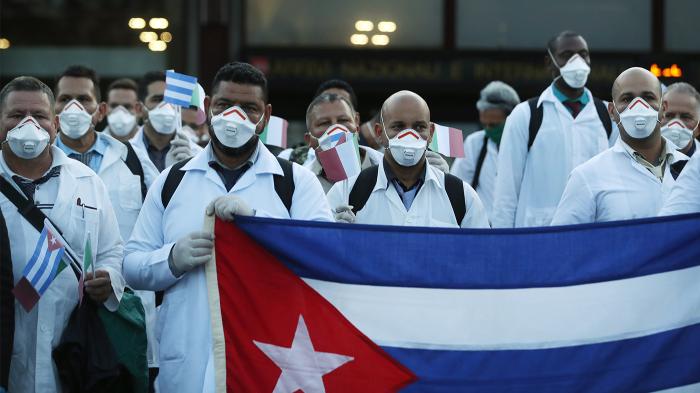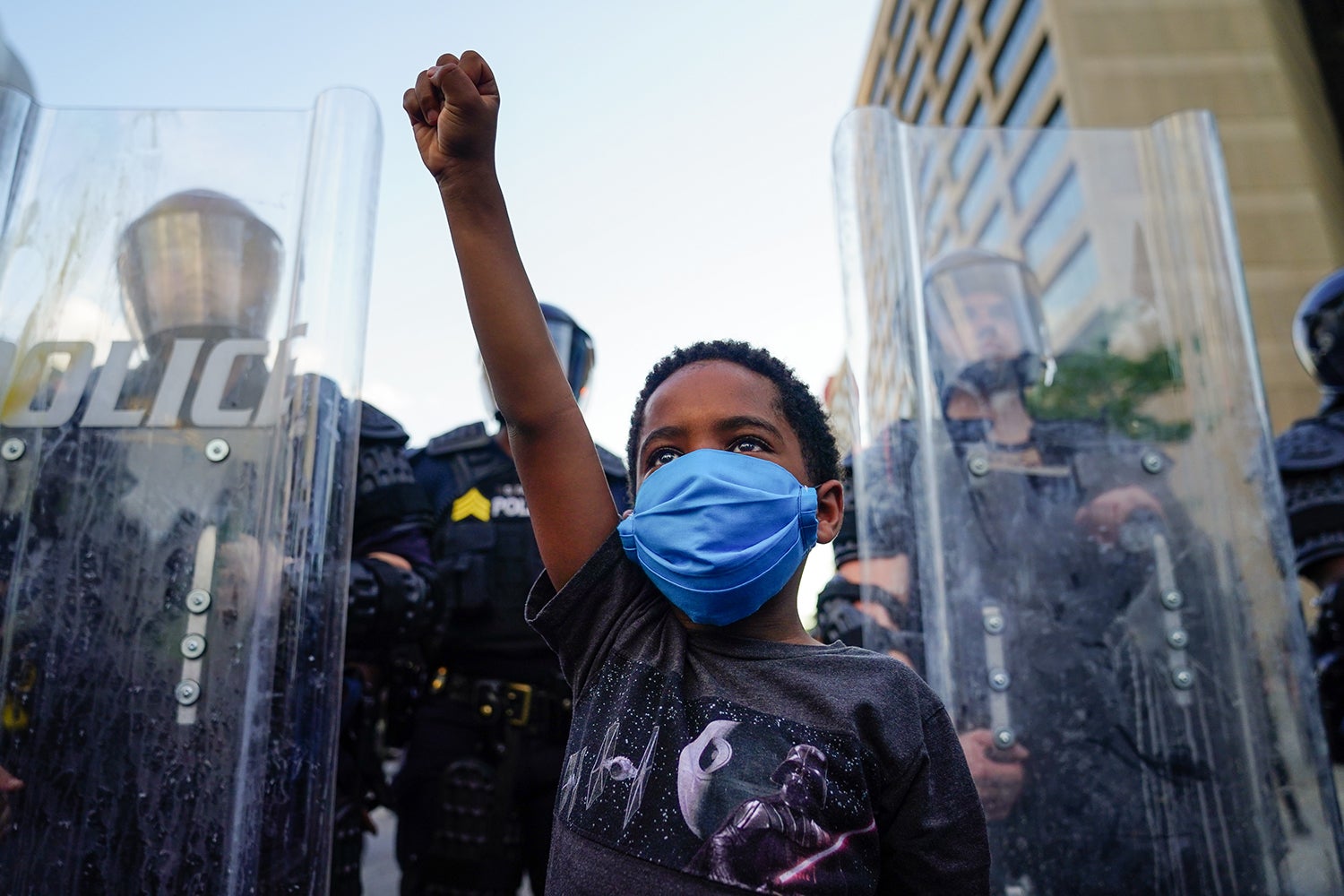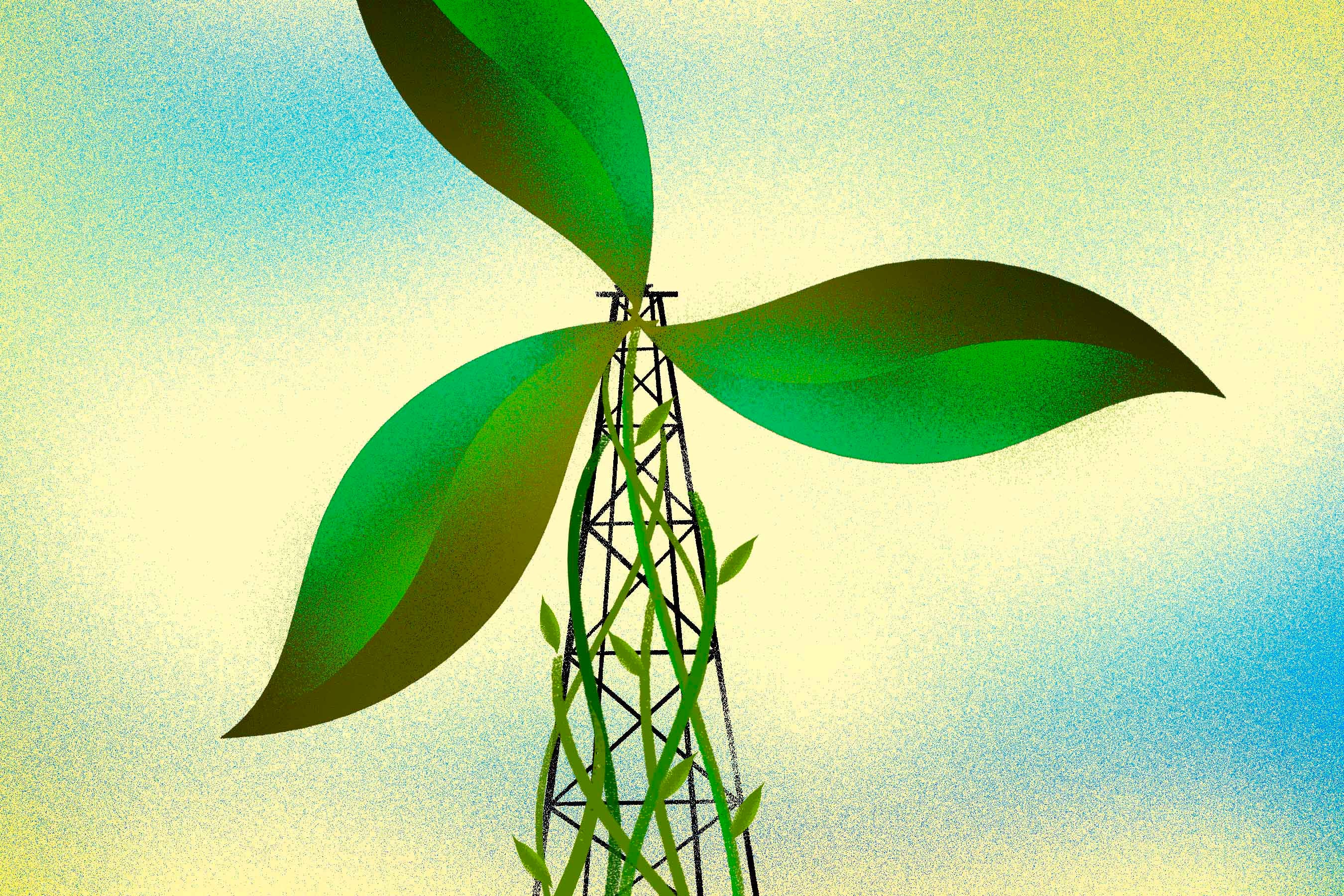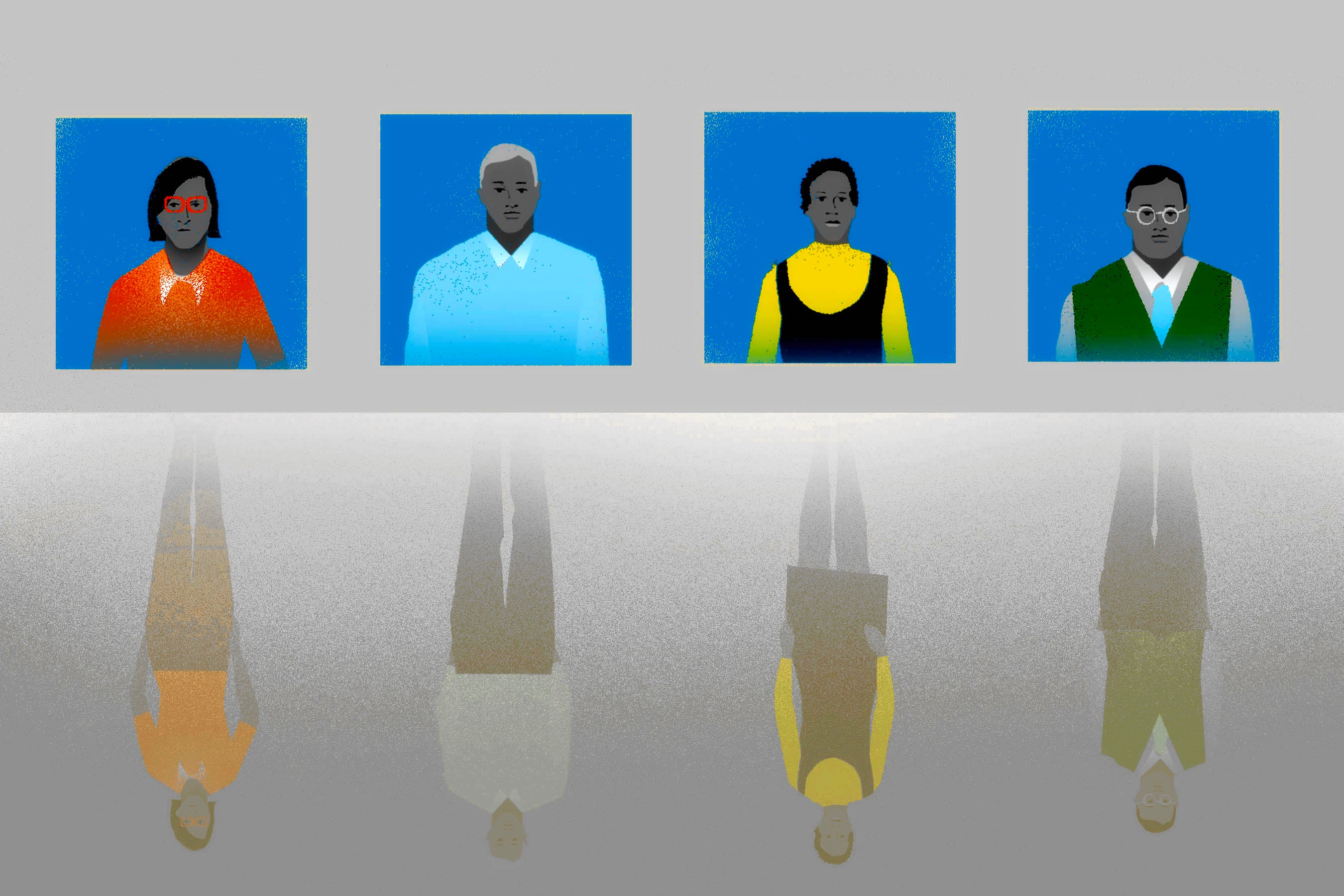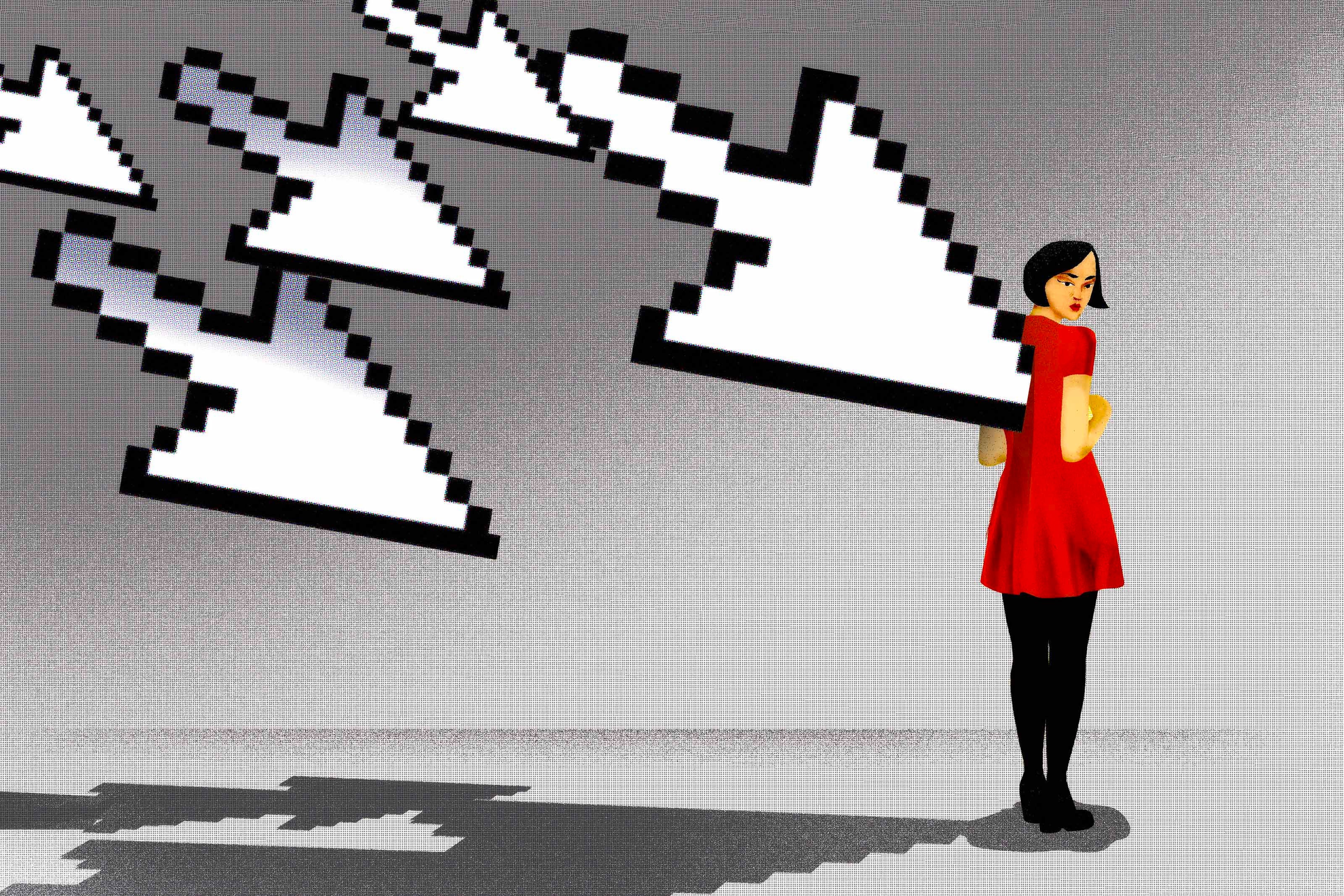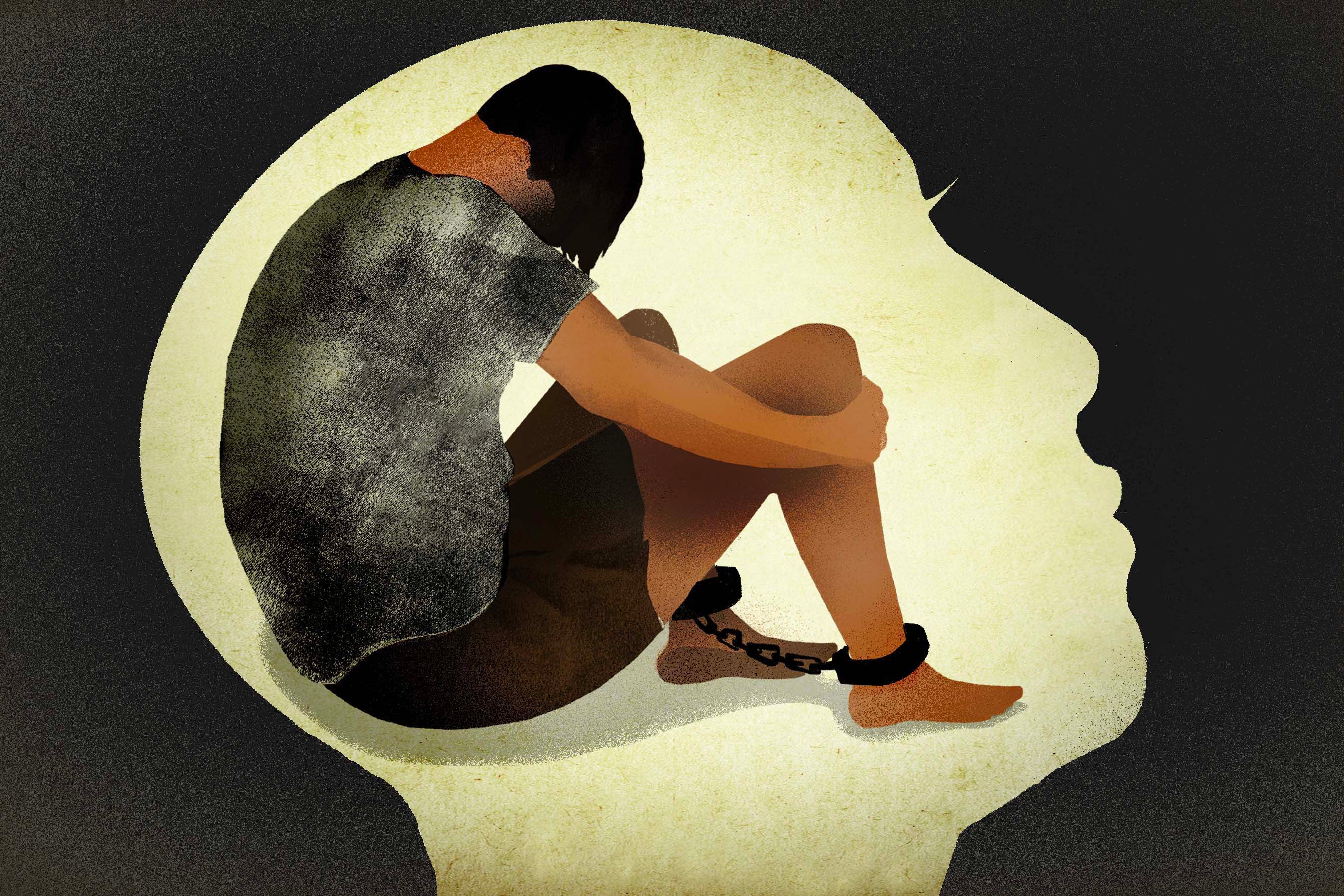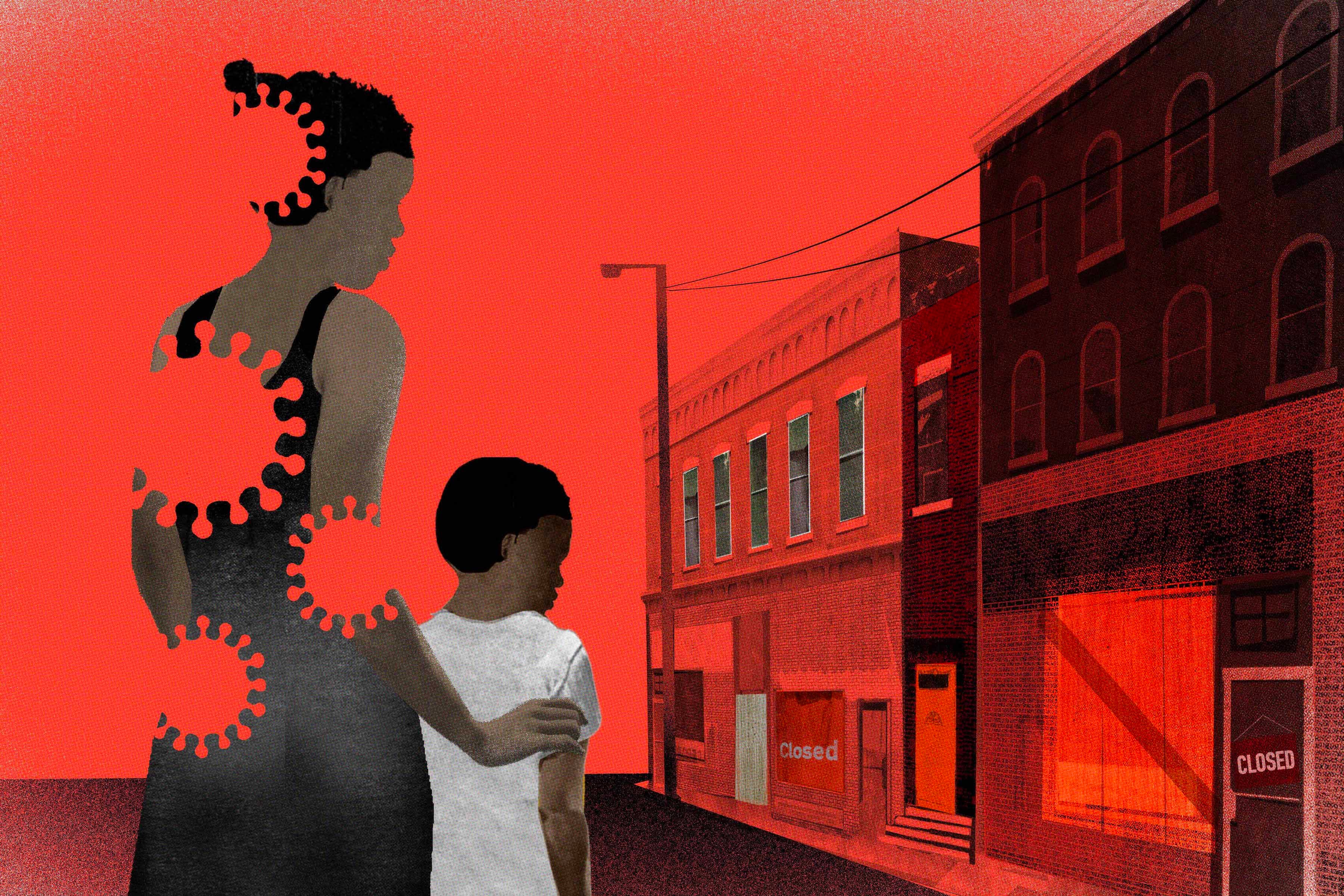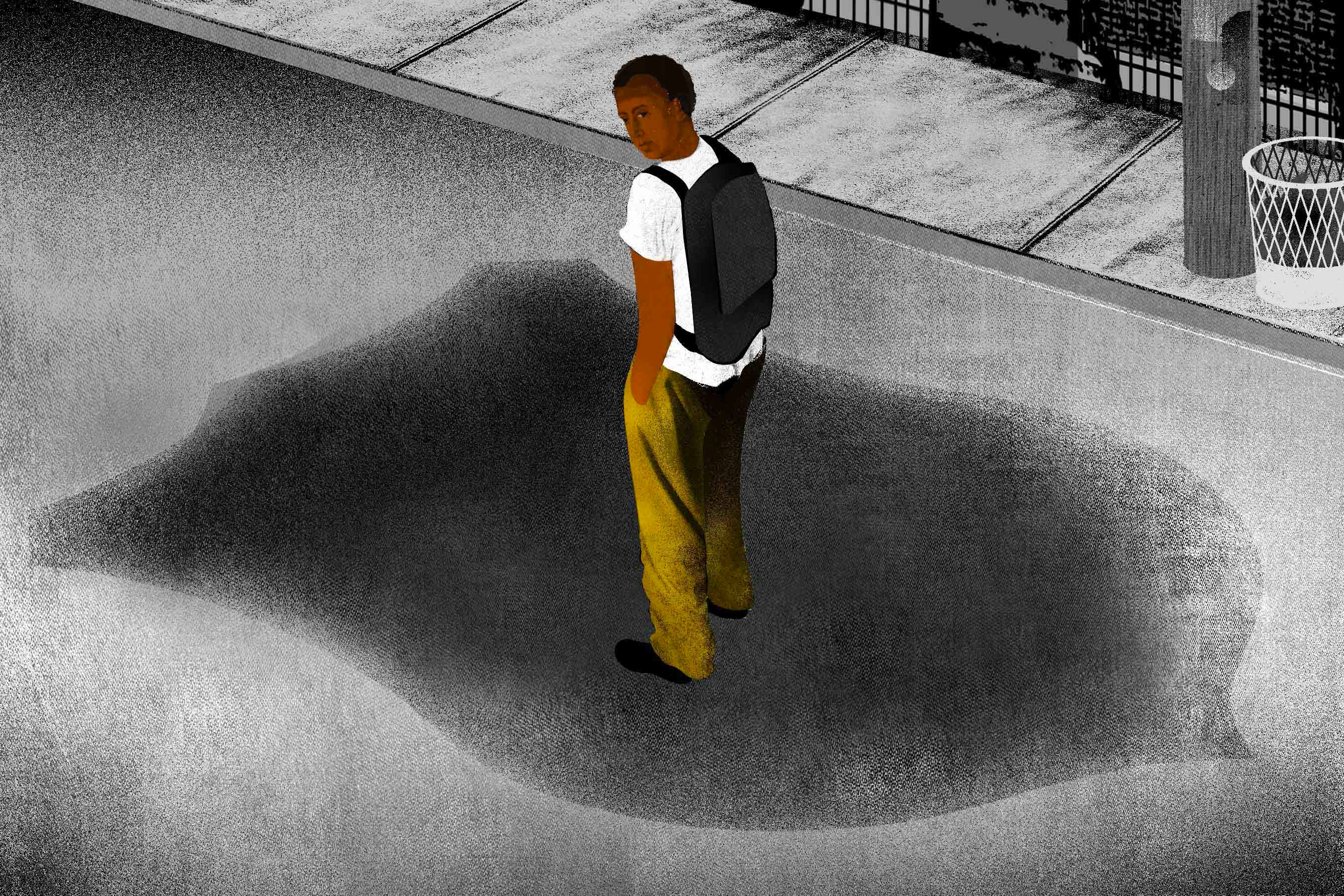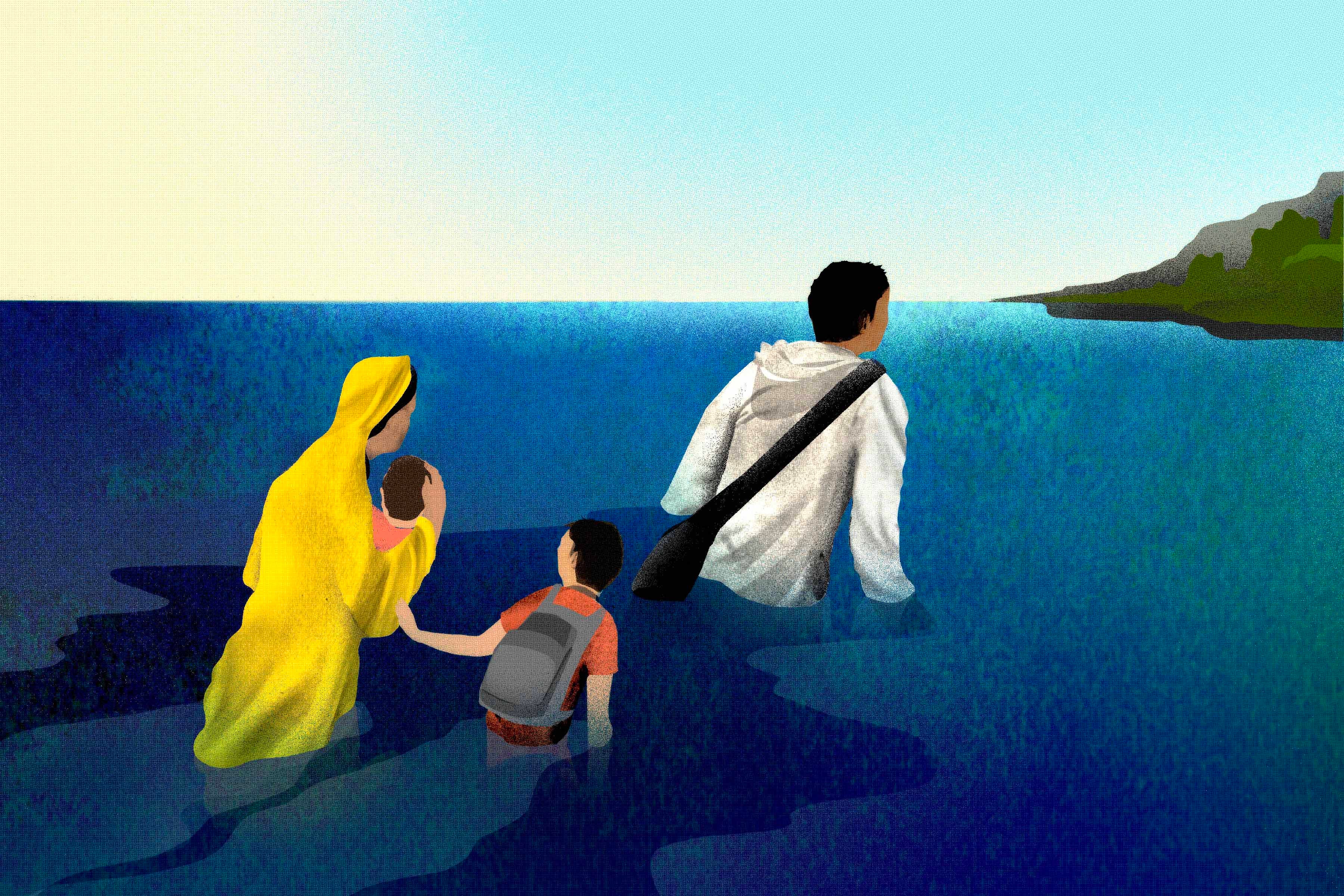The Cuban government represses and punishes dissent and public criticism. Tactics against critics include beatings, public shaming, travel restrictions, short-term detention, fines, online harassment, surveillance, and termination of employment.
In October 2019, Miguel Díaz-Canel was confirmed as president of Cuba, with nearly 97 percent of the votes of National Assembly members. His presidency has seen little change in the government’s human rights policy. Arbitrary detention and harassment of critics continue. Under his government, Cuba has used Decree-Law 370/2018, which came into effect in July 2019 and severely limits free speech, to detain, fine, and harass critics.
Arbitrary Detention and Short-Term Imprisonment
The government continues to employ arbitrary detention to harass and intimidate critics, independent activists, political opponents, and others. From January through August 2020, there were 1,028 arbitrary detentions, according to the Cuban Human Rights Observatory, a Madrid-based human rights organization.
Security officers rarely present arrest warrants to justify detaining critics. In some cases, detainees are released after receiving official warnings, which prosecutors can use in subsequent criminal trials to show a pattern of “delinquent” behavior.
Detention or the threat of detention is often used to prevent people from participating in peaceful marches or meetings to discuss politics. Detainees are often beaten, threatened, and held incommunicado for hours or days. Police or state security agents routinely harass, rough up, and detain members of the Ladies in White (Damas de Blanco)—a group founded by the wives, mothers, and daughters of political prisoners—before or after they attend Sunday mass.
In May, activist and lawyer Enix Berrio Sardá was detained for violating Covid-19-related movement restrictions, when he was presenting a constitutional challenge to Decree-Law 370/2018.
In June, authorities detained or threatened to detain scores of people to prevent a demonstration against police violence in Havana. Police harassed at least 80 people, calling them or showing up at their homes to warn them not to attend the protest. In some cases, officers waited outside people’s homes all day on the day of the protest to prevent them from leaving. At least 50 people were arrested while trying to head to protest sites and temporarily detained. Some were accused of “spreading the epidemic.”
On September 8, authorities detained or threatened to detain scores of people across the country to suppress pro-democracy protests planned to coincide with an important religious festival. Journalists and pro-democracy activists reported police stationed outside their homes that morning, and opposition groups reported scores of people detained, including José Daniel Ferrer, founder and leader of the Cuban Patriotic Union, the main opposition party and largest and most active pro-democracy group on the island.
Freedom of Expression
The government controls virtually all media outlets in Cuba and restricts access to outside information. Cuba has the “most restricted climate for the press in the Americas” according to a 2019 Committee to Protect Journalists report.
A small number of independent journalists and bloggers manage to publish articles, videos, and news on websites and social media, such as Twitter and Facebook. The government routinely blocks access within Cuba to many news websites and blogs. In 2019, before a flawed referendum that endorsed a new constitution, it blocked several news sites seen as critical of the government, including 14ymedio, Tremenda Nota, Cibercuba, Diario de Cuba, and Cubanet. Since then, it has continued to block various news websites.
The high cost of—and limited access to—the internet prevents all but a small fraction of Cubans from reading independent websites and blogs. In 2017, Cuba announced it would gradually extend home internet services. In 2019, the government issued new regulations allowing importation of routers and other equipment and the creation of private wired and Wi-Fi internet networks in homes and businesses.
Independent journalists, bloggers, social media influencers, artists, and academics who publish information considered critical of the government are routinely subject to harassment, violence, smear campaigns, travel restrictions, internet cuts, online harassment, raids on their homes and offices, confiscation of working materials, and arbitrary arrests. They are regularly held incommunicado.
In July 2019, Decree-Law 370/2018, on the “informatization of society” took effect, prohibiting dissemination of information “contrary to the social interest, morals, good manners and integrity of people.” Authorities have used the law to interrogate and fine journalists and critics and confiscate their working materials. In March, journalist Camila Acosta was fined in connection with three Facebook posts, including a meme of Fidel Castro.
Between February and September, Cuban authorities harassed Youtuber Ruhama Fernández, who has published videos critical of the government. Authorities repeatedly summoned her for police interrogation and denied her a passport. In April, after summoning Fernández to a police station, officials told her the harassment would cease if she stopped criticizing the government. In September, she received an anonymous phone call threatening to “finish” her off.
Between September 2019 and March 2020, the artist Luis Manuel Otero Alcantará was detained at least 10 times, often without charge, for performance art pieces in which he wore the Cuban flag while going about daily activities.
In March 2020, Law 128/2019, the National Symbols Law took effect, restricting use of the Cuban flag, seal, and national anthem.
Political Prisoners
Prisoners Defenders reported that as of August, Cuba was holding 75 people who met the definition of political prisoners, as well as 28 others who the group considered were being held for their political beliefs; another 33 who had been convicted for their political beliefs were under house arrest or on conditional release. The government denies independent human rights groups access to its prisons. Local groups believe the actual number of political prisoners is higher, but the restrictions limit their ability to document cases.
Cubans who criticize the government continue to risk criminal prosecution. They do not benefit from due process guarantees, such as the right to fair and public hearings by a competent and impartial tribunal. In practice, courts are subordinate to the executive and legislative branches.
In February, a judge in Santiago convicted José Daniel Ferrer, of the Cuban Patriotic Union, of assault and kidnapping in what activists say was an irregular trial. In April, after six months in pretrial detention, he was sentenced to four years of house arrest.
In April 2020, pro-democracy activist and opposition party member Maikel Herrera Bones was arrested after protesting power cuts in his neighborhood and arguing with a police officer. He was initially charged with disobeying orders, but a week after he was detained authorities increased the charge to “assault.” In August, Herrera called a fellow activist from prison to report that officials were not providing him with proper treatment for HIV and that he was becoming ill. In September, Herrera told another activist that officials said they would provide proper medical treatment if he stopped complaining about abuses in the prison.
Travel Restrictions
Since reforms in 2013, many people who had previously been denied permission to travel have been able to do so, including human rights defenders and independent bloggers. The reforms, however, gave the government broad discretionary power to restrict the right to travel on grounds of “defense and national security” or “other reasons of public interest.” Authorities have continued to deny exit selectively to people who express dissent.
The government restricts the movement of citizens within Cuba through a 1997 law, Decree 217, designed to limit migration from other provinces to Havana. The decree has been used to harass dissidents and prevent people from traveling to Havana to attend meetings.
In November 2019, authorities told journalist Camila Acosta that she was not allowed to leave the country. An immigration official stopped her when she was trying to board a plane for a human rights event in Argentina.
In August, Ruhama Fernández, the social media influencer, was denied a passport to travel to the United States to receive an award and visit her parents. An official told her she is “regulated” for “reasons of public interest.”
Prison Conditions
Prisons are often overcrowded. Prisoners are forced to work 12-hour days and are punished if they do not meet production quotas, former political prisoners report. Detainees have no effective complaint mechanism to seek redress for abuses. Those who criticize the government or engage in hunger strikes and other forms of protest often endure extended solitary confinement, beatings, restriction of family visits, and denial of medical care.
While the government allowed select members of the foreign press on controlled visits to a handful of prisons in 2013, it continues to deny international human rights groups and independent Cuban organizations access to prisons.
In April, to reduce the risk of Covid-19 spreading in prisons, the government suspended family visits, restricted the type of food family members could send prisoners, and, in a welcome development, released more than 6,500 people. Independent media have reported cases of detainees being isolated with suspected Covid-19 cases in some prisons. However, as of October 2020, the Ministry of Health had not confirmed any cases of Covid-19 in prisons.
Labor Rights
Despite updating its Labor Code in 2014, Cuba continues to violate International Labour Organization standards it has ratified on freedom of association and collective bargaining. While Cuban law technically allows formation of independent unions, in practice, Cuba only permits one confederation of state-controlled unions, the Workers’ Central Union of Cuba.
Cuba deploys tens of thousands of health workers abroad every year to help tackle short-term crises and natural disasters. The workers provide valuable services to many communities but under stringent norms that violate their rights, including to privacy, liberty, movement, and freedom of expression and association. In 2020, Cuba deployed around 4,000 doctors to help nearly 40 countries respond to the Covid-19 pandemic. They joined an estimated 28,000 Cuban health workers deployed prior to the pandemic.
Human Rights Defenders
The Cuban government still refuses to recognize human rights monitoring as a legitimate activity and denies legal status to local human rights groups. Government authorities have harassed, assaulted, and imprisoned human rights defenders who have attempted to document abuses. In March, two members of the Ladies in White were detained without charge for seven days after attending an International Women’s Day event at the US Embassy in Havana. Authorities then “deported” them to their home city of Santiago, more than 460 miles away. Other members of the group had been detained to prevent them from attending the event.
Sexual Orientation and Gender Identity
The 2019 constitution explicitly prohibits discrimination on the basis of sexual orientation or gender identity. However, many lesbian, gay, bisexual, and transgender (LGBT) people suffer violence and discrimination, particularly in the country’s interior. In its 2019 report on Cuba, the Inter-American Commission on Human Rights (IACHR) noted allegations that police often refuse to investigate anti-LGBT attacks and that LGBT people have been fired or excluded from university education due to their sexual orientation or gender identity.
Following public protest, the Cuban government removed language from the final draft of the constitution approved in February 2019 that would have redefined marriage to include same-sex couples. The government says that in March 2021, it will introduce a new version of the Family Code, which governs marriage, in the legislature for review, and then put the code to a vote in a referendum.
In May 2019, security forces cracked down on a protest in Havana promoting LGBT rights and detained several activists, media reported. The protest, which was not authorized, was organized after the government announced that it had canceled Cuba’s 2019 Pride parade.
Sexual and Reproductive Rights
Abortion has been decriminalized for all reasons in Cuba since 1965. Cuba is one of the few Latin American countries to have adopted this policy. The procedure is available for free at public hospitals.
Covid-19
As of September 21, Cuba reported 6,305 cases of Covid-19 and 127 deaths. The government reacted quickly when the first Covid-19 cases were confirmed on the island in March, banning tourists, conducting widespread testing and contact tracing, and implementing mandatory facemask rules and stringent movement restrictions enforced with steep fines or even jail time. The resulting slump in tourism, plummeting foreign remittances, and acute supply shortages further stressed an already weak economy, jeopardizing some people’s livelihoods and access to medicines and food.
The government closed schools from March to September. Primary and secondary education was provided through televised classes and an online homework correction service that required an email account from the state internet provider. Some classes were provided in sign language for deaf children. Activists and parents complained that classes were often difficult to follow, and that many people were not able to use the homework correction service given the high cost of and limited access to the internet.
In some cases, the government has used Covid-19 related movement restrictions as an excuse to suppress protests. In June, authorities suppressed a demonstration against police violence by harassing, threatening to detain, and detaining dozens of people.
Key International Actors
In April 2019, the US began allowing lawsuits against companies that benefited from the seizure, during the Cuban revolution, of property belonging to people who are now US citizens. This has led to lawsuits against European and international companies that operate hotel chains and cruise lines in Cuba. The European Union and Canada have denounced the policy.
Between June 2019 and August 2020, the US government imposed new restrictions on US citizens travelling to Cuba, banning cruise ship stops, educational trips, and most flights to the island, except for a limited number to Havana.
In a March 2020 report on the human rights situation in Cuba, the Interamerican Commission on Human Rights (IACHR) expressed concern regarding the criminalization and arbitrary detention of human rights defenders, absence of spaces for pluralistic political participation, and lack of judicial independence and free speech protections. The commission reiterated its call for the US to lift its embargo on Cuba, saying it has negatively impacted human rights.
In April, in a joint statement, various UN experts also called on the US to suspend the embargo, saying trade barriers could obstruct the humanitarian response to Covid-19.
In February, the European Union issued a statement on the case of José Daniel Ferrer calling on Cuba to release all those jailed for the exercise of fundamental rights.
In 2016, the EU signed a Political Dialogue and Cooperation Agreement with Cuba. The agreement has yet to be fully ratified because Lithuania has refused to approve it, citing human rights concerns. In March 2020, the Lithuanian legislature began to discuss ratifying the agreement, but the discussion was put on hold due to Covid-19.
In October, Cuba was elected to the UN Human Rights Council—its fifth term in the past 15 years. Given the country’s disastrous human rights record, its election was widely criticized by human rights organizations.
The chapter cited the Cuban Center for Human Rights as the source for the number of political prisoners being held by the Cuban government. The text has been corrected to reflect the fact that the figure originally came from the group Prisoners Defenders.
